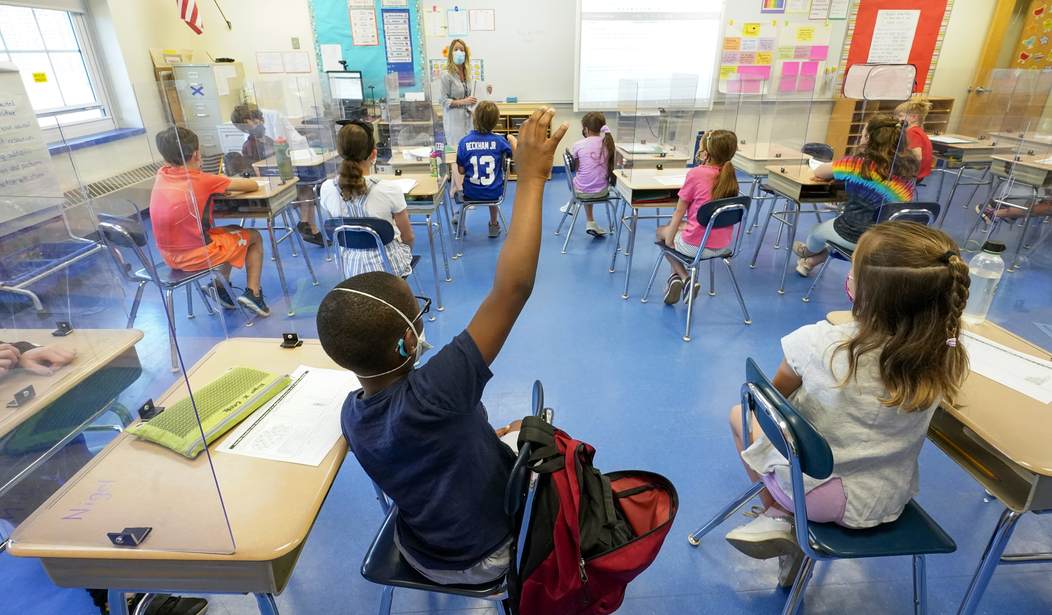Just a decade ago, there were only a couple dozen states in the U.S. with school choice programs. This week, Nebraska has made history as the 50th state in the nation to pass a school choice bill — a monumental win for families in the Cornhusker State.
This passage is not only a major victory for the school choice movement in Nebraska; it is also a testament to the advancement of educational freedom and opportunities nationwide for all children, regardless of color, race, or economic status.
Nebraska’s LB753, the Opportunity Scholarship Act, which just passed with a supermajority from the Unicameral Legislature, establishes a tax-credit scholarship that will help more than ten thousand students attend a non-public school of their choice. Scholarships will average around $9,000 per student, depending on the needs of the family and tuition costs.
The Opportunity Scholarships Act will give first priority to students living in poverty, students with exceptional needs, those who experienced bullying, are in the foster system or are in military families, and children denied enrollment into another public school.
With the goal of empowering families, passing school choice in Nebraska was the right thing to do. As a Hispanic education advocate, I am fighting for my community to overcome inequality in education. A high-quality education is one of the only paths to success for children living in poverty.
A quality K-12 education is a path to economic progress and opportunity, preparing students for college and successful careers, and school choice will always be part of the solution since the traditional system of education will never fit all the individual needs of students and families.
Recommended
While Nebraskans take pride in their public schools, public schools are not always the answer for every child. Students of color will particularly benefit from finally having access to more educational options.
Nowhere is that fact more clear than within the Latino community. However, according to the latest National Assessment for Educational Progress (NAEP) scores, the disparities between racial and socioeconomic subgroups continue to exist, and although they have fluctuated over the years, these disparities are not diminishing.
The achievement gaps in math and reading in Nebraska are wider than the national average, particularly for Hispanic and African American students. This is important as Latino students encompass the fastest-growing student population in the state, and they had an average score that was 24 points lower than that of white students.
Empirical data reflects that many students of color are academically suffering from a public education system that has been failing them for years. But there is reason to hope that these gaps will start closing through school choice. Evidence from other states, especially Florida, suggest that school choice can help close racial achievement gaps.
Families seek school choice for a variety of reasons. According to the 2022 Schooling in America Survey, among the top five priorities of education from parents include academic quality or reputation, safe environment, location, disciplinary policies and class size. Additionally, in my experience working with Latino families, they want to feel supported by their school, have the ability to exit a school due to bullying or more severe cases of violence, and also want to choose a school because it satisfies their views and ideas of what constitutes a decent education.
But test scores don’t always tell the whole story. School choice has already impacted students in Nebraska like Jayleesha Cooper and Brandon Villanueva Sanchez— both outstanding students of color from the Cornhusker State, whose parents did not give up until they were able to provide them with a quality K-12 education. Jayleesha and Brandon attribute their success to school choice and the sacrifices their parents made for their education.
Stories like these are perpetual in my community. Educational choice empowers underprivileged families to close achievement disparities and beat the odds of poverty. School choice gives access to the promise of the American Dream.
I understand the struggle that my community endures. As a first-generation Chilean-American, I grew up in the traditional public school system, overwhelmed by large classrooms and relentless bullying. I came to the United States seeking opportunity, and I knew that opportunity was only possible with a quality education.
The passage of this legislation will give educational opportunities for students who would not have it otherwise. It means legislators are finally listening to the parents and families who only want to give their children the best opportunities at success. It is truly a great day for Nebraska families.
Valeria Gurr serves as a Senior Fellow for the American Federation for Children. She is a passionate advocate for educational choice, particularly for underserved families, and founded la Federación Americana Para los Niños. For more information, visit https://www.federationforchildren.org/staff/valeria-gurr/.

























Join the conversation as a VIP Member